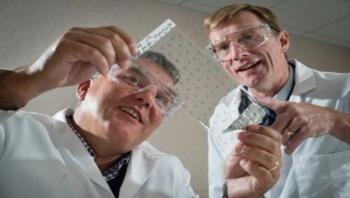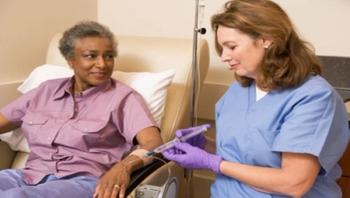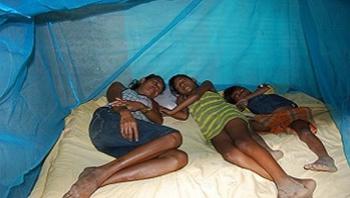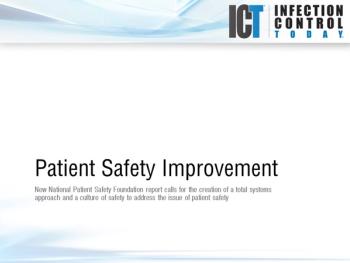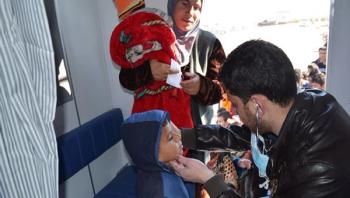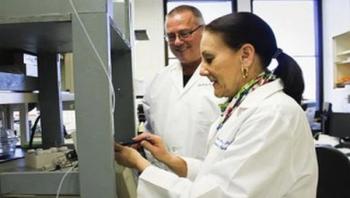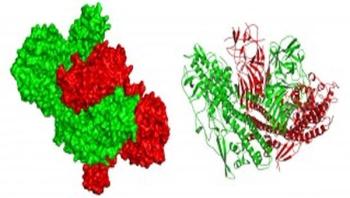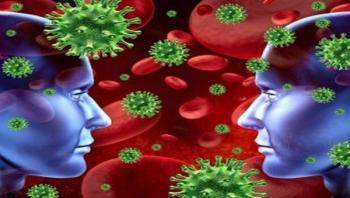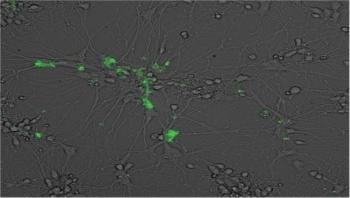
An innovative inpatient care model utilizing multidisciplinary accountable care teams reduced hospital stays and lowered costs even beyond those associated with fewer days of hospitalization, according to a new study published in the December issue of the Journal of Hospital Medicine. The Accountable Care Teams model, ACT model for short, is based on three foundational domains: enhancing interpersonal collaboration between healthcare team members, enabling data-driven decisions, and providing leadership.

